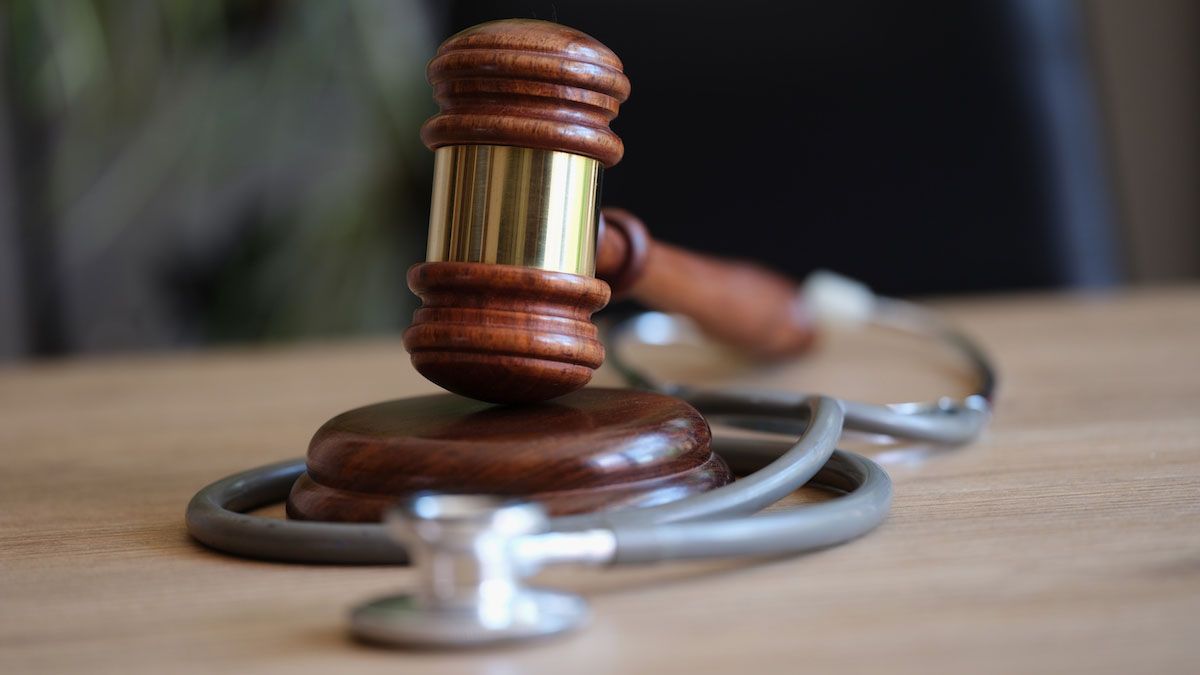What To Do When Your Dog Bites You
Dog bites are unfortunately very common in the US, but what happens if it’s your dog that does the biting? Would you know what to do when your dog bites you or someone else? When faced with this situation, many pet owners are left feeling shocked, confused, and obviously concerned. Dog bites can be completely unexpected and may come from normally loving and attentive pets. When it’s your own dog that bites you, the situation can be particularly complex and emotionally charged.
Unlike bites from unknown dogs, bites from your own pet can raise questions about your relationship with your dog, your ability to care for them, and the potential consequences of their behavior. The aftermath of a dog bite can already be challenging, but it’s important to take the right steps to address the immediate situation and prevent future incidents.
Dog bites can result in puncture wounds, lacerations, and even infections, as well as emotional trauma, such as anxiety, fear, and stress. In the wake of a dog bite, it’s natural to feel uncertain about how to proceed, but taking prompt and informed action can help mitigate the consequences and ensure a safer and more positive outcome for both you and your dog.
The attorneys at Warren Allen LLP are a valuable resource that can provide guidance and support after a dog bite incident. Understanding what to do when your dog bites you allows you to better protect yourself, your dog, and those around you.
Seek Immediate Medical Care
If your dog bites you, one of the first steps you should take is to seek immediate medical care. Dog bites can be unpredictable and may result in serious injuries that require prompt attention, even if the bite seems minor.
First, they can pose a significant risk of infection, particularly if the wound is deep or the dog’s mouth contains bacteria such as Pasteurella and Capnocytophaga. If these bacteria enter the wound, they can cause a range of infections in humans, from mild to severe. Dog bites can also pose a risk of rabies, particularly if the dog’s vaccination status is unknown.
If possible, first wash the wound thoroughly with soap and water to help reduce the risk of infection. Next, seek medical attention as soon as possible, ideally within a few hours of the bite. A medical professional will evaluate the wound and determine the best course of treatment, which could include antibiotics, stitches, or other interventions. In some cases, a tetanus shot may also be recommended to prevent tetanus infection. Seeking prompt medical attention and following the recommended treatment plan will reduce the risk of complications and promote healing.
Reporting the Incident
In the moment, it might be difficult to remember what to do when your dog bites you, but reporting the incident to local animal control or law enforcement is a step that should not be overlooked. Reporting a dog bite incident involving your own pet can be complicated, particularly when you’re emotionally attached, but failing to report the incident can have serious consequences, including liability for future incidents.
If you don’t report the dog bite, you may be held responsible if your dog bites someone else. Reporting the incident not only protects you and others from potential harm, but it also helps to create a record of the bite, which can be used to assess the dog’s behavior and potential risks.
When you report the incident, be sure to provide as much information as possible, like the dog’s vaccination history, including rabies shots, as well as the circumstances surrounding the bite. You should also provide information about the dog’s behavior and any previous incidents.
Evaluating Behavioral Triggers
Dogs bite for a variety of reasons, but common behavioral triggers include fear, pain, being protective, and territorialism. Fear can cause a dog to become defensive and bite when it feels threatened or scared, while pain can lead to irritability and aggression. Your dog could bite because they felt the need to protect a family member. Territorialism can also cause a dog to become protective of its space and bite when it feels that space is being invaded.
Dogs that exhibit aggressive behavior require guidance and training to learn how to interact safely with people and other animals. Without proper training, the risk of future incidents increases, potentially leading to serious consequences. To evaluate the dog’s behavior, consider the circumstances surrounding the bite. This includes the environment, the people involved, other animals involved, and any potential triggers that may have contributed to the behavior.
Consulting with a professional dog trainer or behaviorist can be incredibly helpful in identifying the underlying causes of the behavior and developing a plan to address it. These professionals can provide valuable insights and guidance on how to modify the dog’s behavior and prevent future incidents. This may involve desensitization or counterconditioning techniques.
Obedience training can help to establish clear boundaries and improve communication between dog and owner, while behavior modification techniques can be effective in addressing specific issues, such as fear or aggression. This creates a safer and more positive environment for both you and your dog.
Long-Term Safety and Legal Protection
An important part of being a responsible dog owner is knowing what to do when your dog bites you or someone else. This includes implementing measures to ensure the dog’s behavior is managed and controlled, such as training, socialization, and proper containment.
Failing to take these steps can have serious consequences. If your dog bites someone else, you may be held responsible for the injuries and damages, which can result in significant financial loss and emotional distress. More importantly, repeated incidents can lead to more severe consequences, such as court-ordered euthanasia. If you’re struggling with what to do when your dog bites you, the experienced attorneys at Warren Allen LLP can provide you with guidance on liability and responsibility. We’ll help you understand your rights and options.


